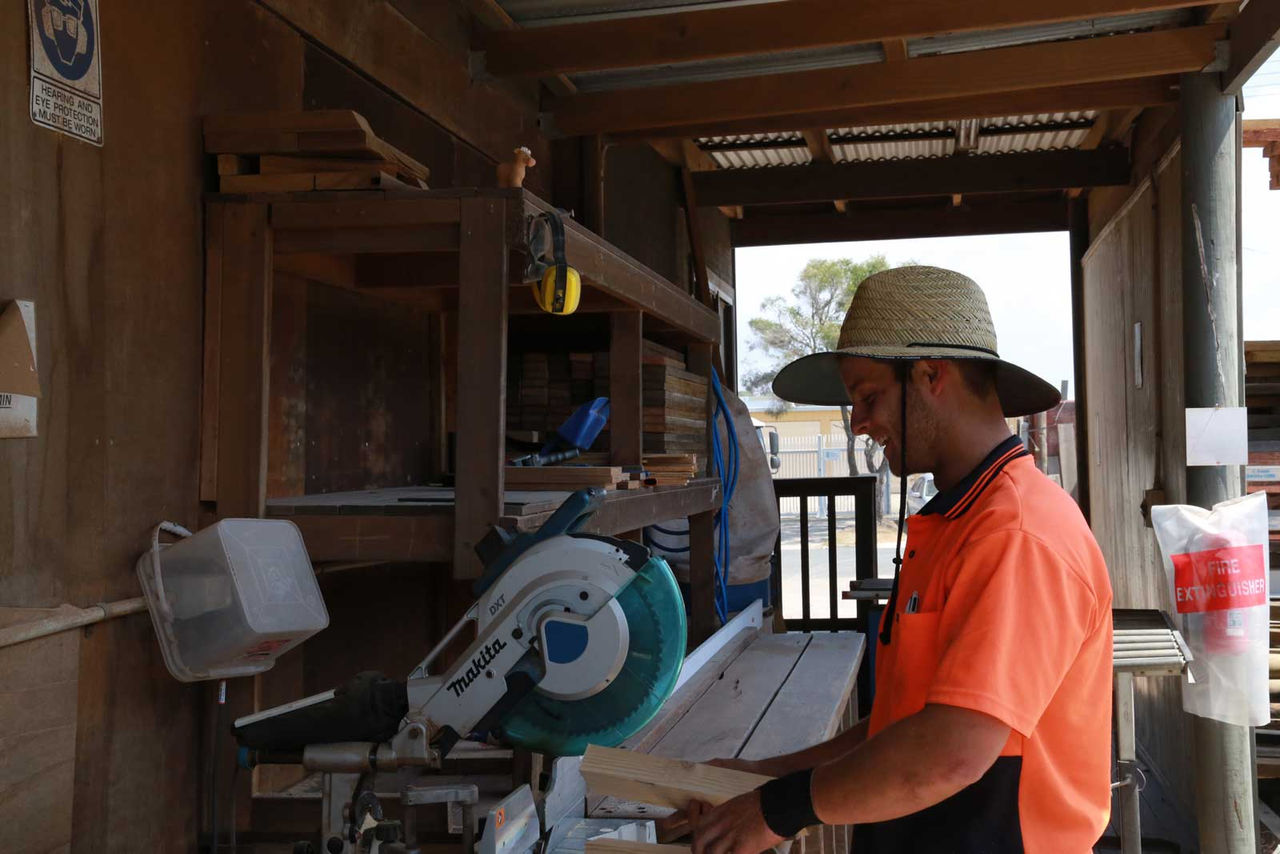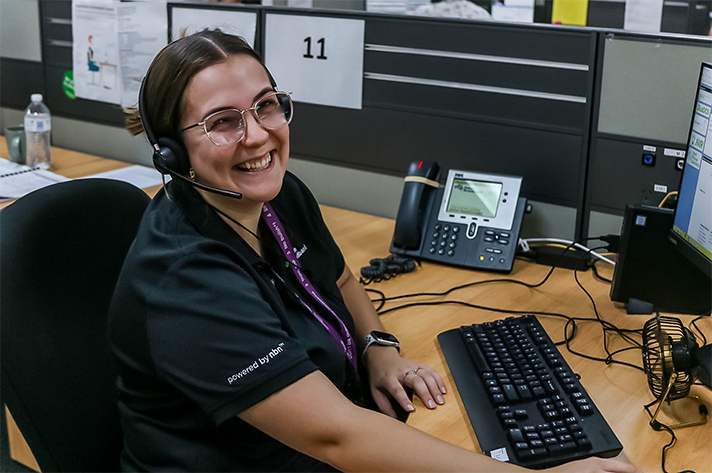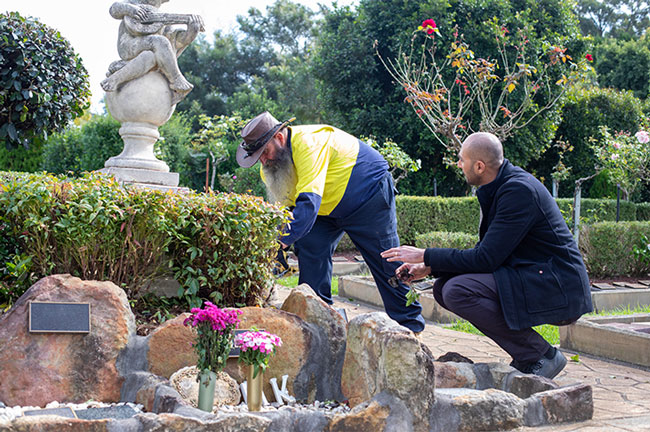What soft skills are important for aged care workers?
Published by MAXSolutions on July 01, 2024

As the population in Australia ages, the demand for skilled and qualified aged care workers is on the rise.
Working with elderly people and their families to provide compassionate and effective care requires tapping into our emotional intelligence.
Because of this, while there are many practical skills you will have to use on the job, soft skills are key to being successful in this industry.
Soft skills are largely to do with how you interact with other people effectively to solve problems.
As technology continues to take out many of the practical parts of our jobs, these skills are becoming more important across all industries and jobs.
However, in jobs that largely deal with people such as aged care, these types of skills are more important.
What soft skills do you need in aged care?
Empathy: Empathy is perhaps the most important skill in aged care.
It's essential to understand and share the feelings of the elderly people you're caring for, as well as their families.
You will come across many different backgrounds in your aged care career, so being able to better see their point of view helps you provide compassionate care and build trusting relationships.
Communication: Effective communication is vital in aged care, whether you're communicating with residents, their families, colleagues, or healthcare professionals.
It isn’t just being good at delivering clear, easily understood instructions or relaying information to people.
Good communication skills involve listening attentively and leaning on some of your other soft skills to understand what people are trying to tell you. Sometimes listening actively means asking follow-up questions and it sometimes means seeing the meaning behind the words people are telling you.
Patience: Working with elderly people often requires a great deal of patience. Many elderly people may move or speak slowly, or they may have cognitive or physical impairments that affect their ability to communicate or perform daily tasks. Patience is necessary to provide support and assistance without rushing or becoming frustrated.
Compassion: Compassion involves a genuine concern for the well-being of others. In aged care, it's important to approach your work with kindness, understanding, and a willingness to help improve the quality of life for the elderly people you're caring for.
Flexibility: Aged care can be unpredictable, and situations can change rapidly. Being flexible and adaptable is essential to respond effectively to the needs of residents and handle unexpected challenges that may arise.
Problem-solving: Problem-solving skills are valuable in aged care, as you may encounter situations where quick thinking and creative solutions are needed to address issues or concerns related to the care of residents.
Teamwork: Aged care often involves working as part of a multidisciplinary team, including nurses, doctors, therapists, and other allied healthcare professionals.
Being able to collaborate effectively with others and contribute positively to a team environment is important for providing coordinated care to residents.
It isn’t just about working with your colleagues, however, working together with the residents you care for is important too!
Respect for diversity: In aged care, you'll encounter people from diverse backgrounds with varying needs, preferences, and beliefs. It's essential to approach everyone with respect and cultural sensitivity, honouring their individuality and providing person-cantered care.
Emotional resilience: Aged care can be emotionally demanding, as you may witness illness, decline, and loss on a regular basis.
Developing emotional resilience helps you cope with the challenges of the job while maintaining your well-being and ability to provide compassionate care.
By actively developing these soft skills, you'll be better equipped to excel in a career in aged care and make a meaningful difference in the lives of the elderly individuals you serve.
If you have been considering a career in aged care the perfect place to start is with a CHC33021 Certificate III in Individual Support (Ageing and Disability)
For more information get in touch with a member of our training team
Share
Tags
Found this useful?
Help and advice
Our blogs are about helping people seek the information that they need for their steps in the workforce.




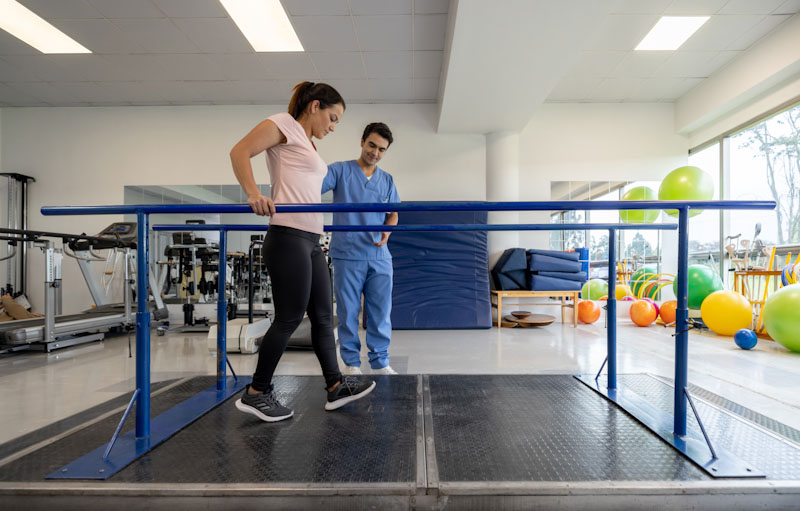
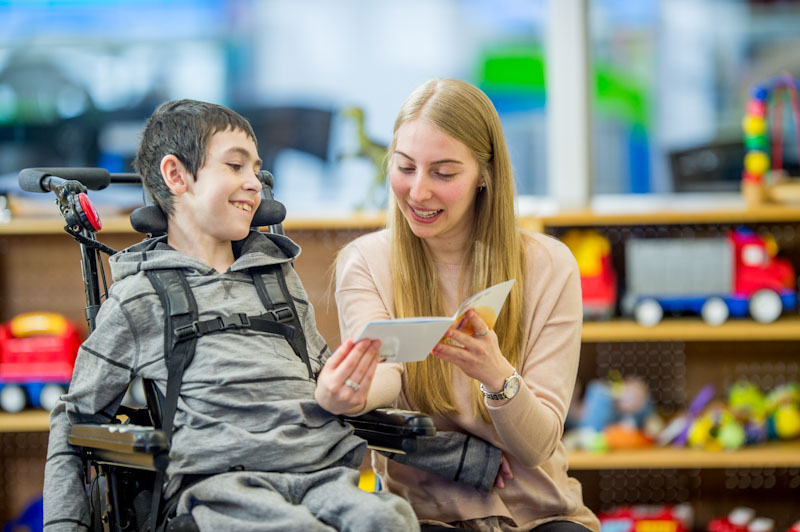
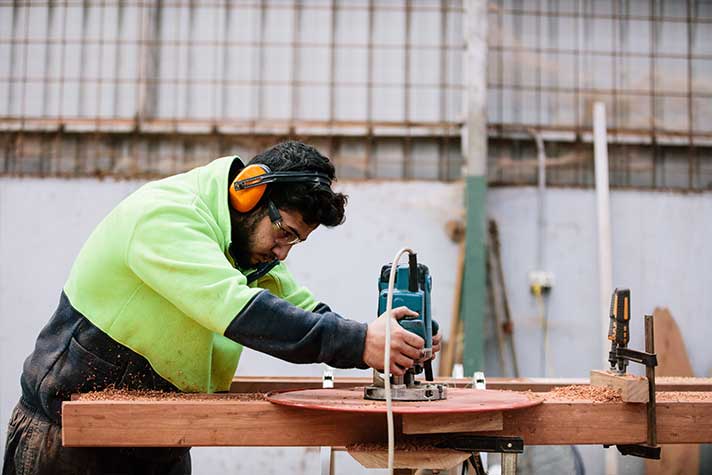







_1.jpg)




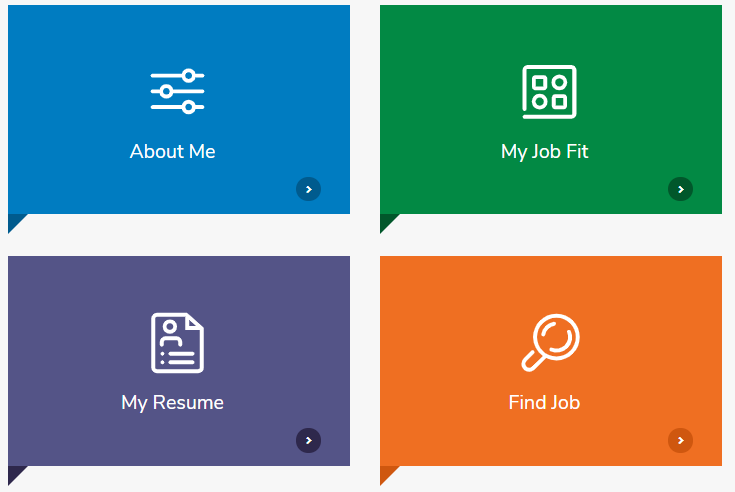













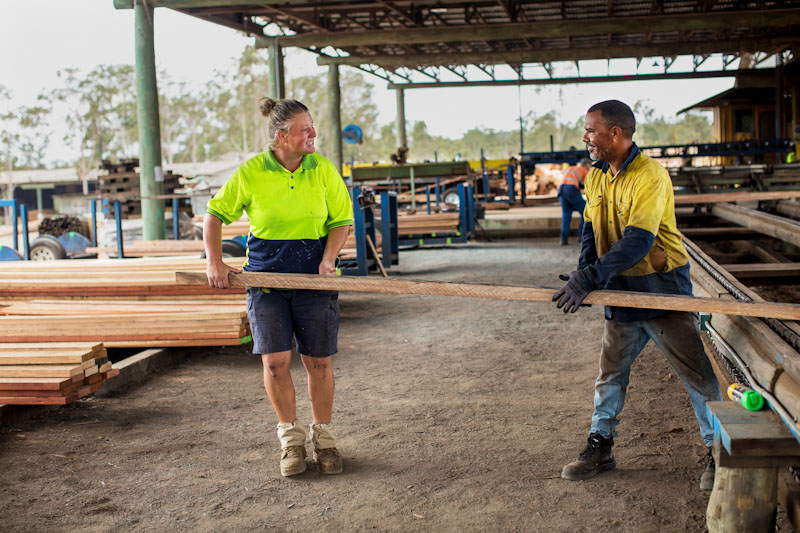










.jpeg)
